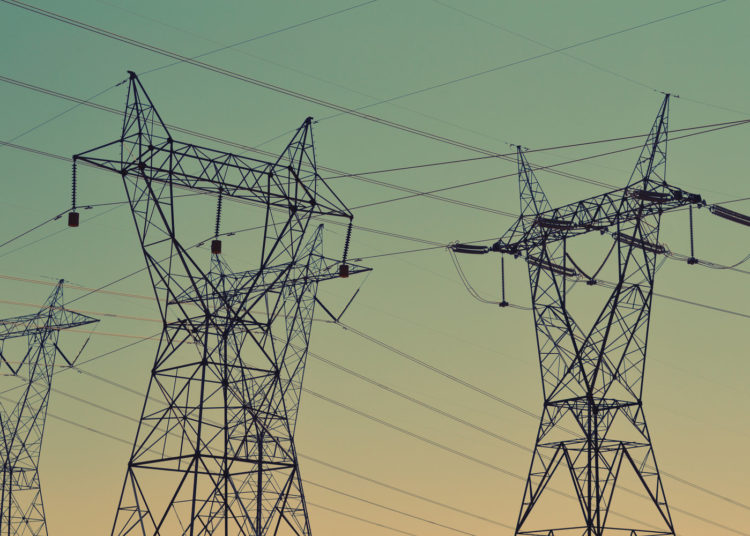The House of Representatives has agreed to investigate the federal government’s N7 trillion and other financial intervention in the power sector since 2013 to determine whether the funds were judiciously utilised.
This was sequel to the adoption of a motion titled: “Need to Investigate Financial Interventions in the Power Sector Amounting to Trillions of Naira,” moved by Hon. Ademorin Kuye from Lagos State at plenary on Wednesday.
In his presentation, Kuye noted that the Federal Government in 2013 unbundled the Power Holding Company of Nigeria (PHCN), and sold 18 utility firms to private investors resulting in six generation companies (GenCos) and eleven distribution companies (DisCos).
He also noted that the privatisation of Nigeria’s power sector was necessary due to the failure of the defunct PHCN to attract investments, but the industry did not meet Nigerians’ expectations.
The lawmaker observed that the federal government has spent over N7 trillion on direct interventions in the power sector, despite privatising the industry since November 2013.
Kuye said, if not for the interventions by the Central Bank of Nigeria (CBN) of over N1.3 trillion, Nigerian power would have collapsed due to liquidity, poor performance, suppressed tariffs and lack of infrastructure at the transmission and distribution ends, weak regulations and oversight.
He said since the privatisation, the power sector has undergone various financial interventions, including those from International Donor Agencies, including the World Bank $486 million, African Development Bank $300 million, French Development Agency $170 million, Japan International Cooperation Agency $238 million, among others.
Kuye expressed concern that revenue generation and collection have been the major challenge of the power sector in that the
DisCos laments over revenue shortfalls attributed to low electricity tariff or that electricity revenue may be accruing to the wrong accounts.
“Concerned that the Nigeria Electricity Regulatory Commission (NERC)’s performance as an industry regulator is questioned for its ability to move the industry forward and eliminate illiquidity.
“Disturbed that the Nigeria Electricity Supply Industry faces threat due to the poor performance and transparency of DISCOs and the NERC’s ability to sanction erring stakeholders
“Also worried that the National Power Grid has collapsed over seven times this year, despite the huge investment in the power sector which explains the persistent electricity shortage in the country,” Kuye argued.





